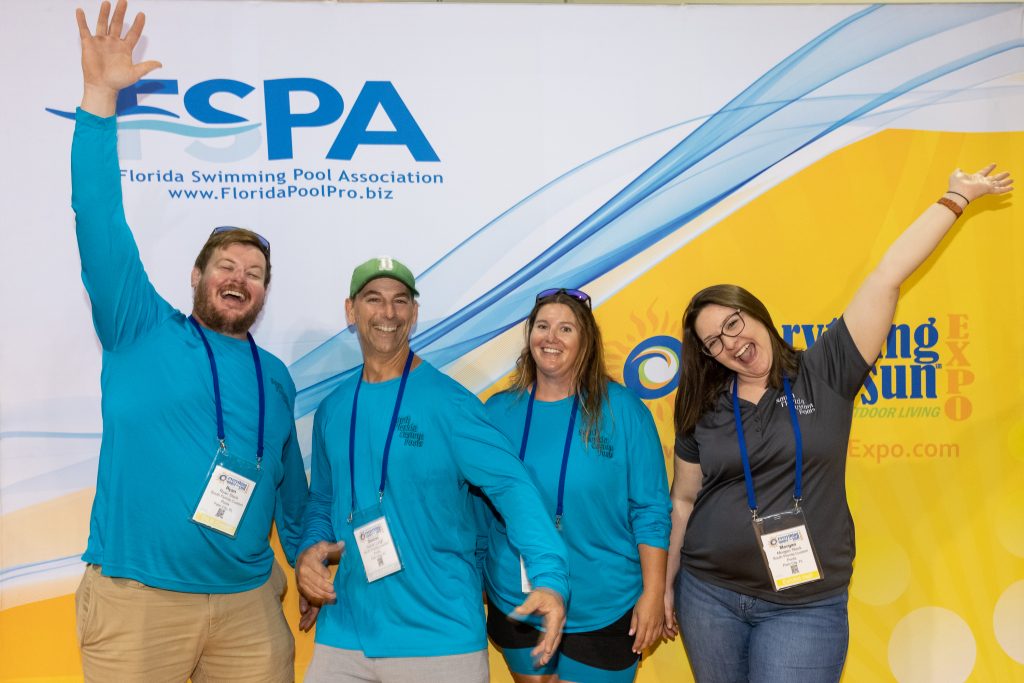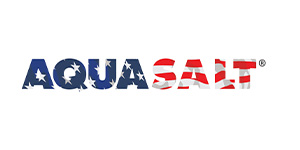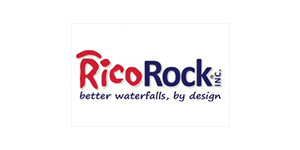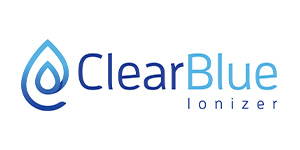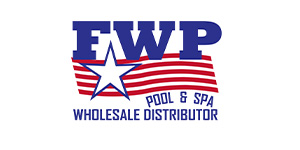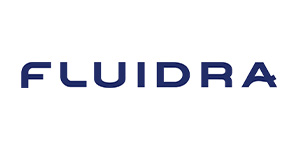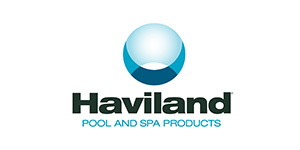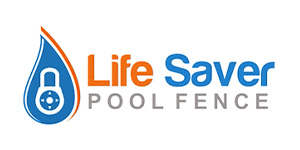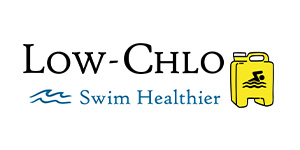Safety
At FSPA, safety takes center stage, ensuring a secure and enjoyable pool experience for everyone. We prioritize offering essential safety tips and resources, empowering pool owners to protect their loved ones and create a worry-free aquatic environment.
The Florida Swims Foundation is a non-profit organization committed to teaching vital swimming skills to children throughout Florida, promoting safety, enjoyment, and inclusivity in aquatic recreation. We’re creating waves of change by equipping every child with the knowledge and confidence to enjoy Florida’s waters safely, fostering a generation of responsible, joyful swimmers.
Safety equipment
Use layers of protection around your pool. This means you have several things in place to keep children from getting to the water. Use these LAYERS OF PROTECTION for your pool area:
Fencing & Gates
Mesh fencing should be at least four feet high and have a self closing, self latching gate. All panels should remain in place when the pool is not in use. Fencing should meet the ASTM F 1908 standard
Door & Gate Alarms
Many devices are available that attached to pool/spa access doors and gates that will sound a loud alarm when opened and closed. Placing alarms on sliding doors, windows and all exit doors will alert you to children leaving the house. Alarms should meet the Underwriters Laboratories standard UL 2017 for residential water hazard alarm equipment.
Perimeter & Motion Alarms
Infrared systems sound an alarm when the beam is crossed, and can be installed around the perimeter of a pool or spa. Water motion alarms are placed near or in the water and sound an alarm when the water is disturbed.
Latch & Locks
Fence gates should have latches that automatically close and latch securely. Windows and doors that open to the pool or spa area should all be equipped with self-latching devices.
Safety Covers
Pool covers are available that completely cover the pool or spa, blocking access to water. Insist on a cover that has a label stating that it meets the ASTM F1346 Standard for pool and spa covers.
Pool Drain Safety
The Federal Virginia Graeme Baker Pool & Spa Safety Act requires public pools to have approved drain covers installed and one other feature (there are several options) to prevent entrapment. Florida law is more restrictive and requires a gravity drainage system.
Circulation / Suction Entrapment and Pool Drain Safety
When using any swimming pool:
- If any drain cover is broken or missing, do not enter or allow anyone else to enter the pool. Notify the pool owner or call your pool professional immediately to make necessary repairs.
- Do not allow anyone, child or adult, to play with or sit on any suction outlet (drain) or wall vacuum fittings!
- Pull long hair back into a ponytail or a bathing cap.
- Remove jewelry before entering the pool.
To ensure your pool is safe:
- Ask a licensed professional to inspect all suction outlets. Ask that drain covers be ANSI/APSP-16 certified and wall vacuum fittings be self closing/self latching.
- Replace any broken covers, missing covers or uncertified covers with ANSI/APSP-16 certified drain covers.
- Have a licensed pool professional inspect your pool. If it has a single drain, retrofit it in accordance with the ANSI/APSP-16 standard. Options include converting the drain to a single unblockable suction outlet or installing a cover/grate certified to the ANSI/APSP-16 standard and at least one of the following: an additional suction outlet(s), gravity flow system, vent system, safety vacuum release system (SVRS), converted suction outlet to return inlet, and/or disable the suction outlet and provide a skimmer capable of the full system flow.
- Post a list of rules and require anyone entering the pool to read the rules. Remind everyone not to play with drains.
- Periodically have a licensed professional evaluate and, if necessary, maintain all drains and outlets.
When you have a pool built:
- Speak with the pool company to ensure they are knowledgeable on suction entrapment and will build your pool to the ANSI/ APSP 7 standard as required by the Florida Building Code.
- Only use a properly licensed company.
- Discuss and understand your circulation, drain and drain cover options.
- The federal Virginia Graeme Baker Pool & Spa Safety Act requires say that as of Dec. 20, 2008 only ANSI/APSP-16 drain covers can be sold in the U.S. Request only ANSI/APSP-16 certified covers be installed.
Types of circulation / suction entrapment:
- Hair: Hair entrapment occurs when a person’s hair becomes entangled in a drain cover and can’t be pulled free. 28.7% of cases.*
- Limb: Limb entrapment occurs when an arm or leg becomes stuck in a drain. The cover must be broken or missing for this to occur, but it does not require suction. 25.6% of cases.*
- Body: Body entrapment occurs when a drain is completely covered by any part of a person’s body and suction holds them in place. 29.8% of cases.*
- Evisceration / Disembowelment: This occurs when someone sits on a drain that has suction, and a broken or missing cover, and injuries or disembowelment occurs. This can occur in a fraction of a second. 3.1% of cases.*
- Mechanical: Mechanical entrapment occurs when an item on the person becomes entangled or stuck on a drain or drain cover (i.e. jewelry, bathing suit). 5.6% of cases.*
*Information was provided by the Consumer Product Safety Commission. Percentages were calculated based on the 195 cases reported to the CPSC for 1985-2007. In the remaining 7.2% of cases, the type of entrapment is unknown.
For more information visit the Consumer Product Safety Commission. Or click here to see how you can “Pool Safely”.
Healthy Swimming
Swimming has great health benefits and is a great aerobic exercise with significantly less impact. Multiple body parts and muscles are used and strengthened at the same time. Aerobic exercise strengthens your heart. Researchers at the University of South Carolina discovered that swimmers had a 50 percent lower death rate than runners, walkers or sedentary men. Swimming can also be calming and meditative. Swimming laps, playing games and water exercises are all great ways to stay healthy in the pool.
Health Benefits
- You don’t have to swim laps to get exercise in the pool. Try aerobics or playing games!
- Every movement in the water is a resistance exercise. You are pushing against the water and resistance is the best way to build up strength and muscle tone.
- Individuals with arthritis can exercise with less stress on their joints. It can improve affected joints without worsening symptoms.
- Click here to see more on water-based exercise from the CDC.
Recreational Water Illness
- Recreational Water Illness (RWI) is an illness caused by germs and chemicals which can be found in water we swim in. RWI’s can be a wide variety of infections – skin, ear, respiratory, eye, gastro.
- A great way to prevent RWI’s is to keep pool water out of your mouth while you are swimming.
- Prevent contamination of water by being proactive. Don’t swim or play in a splash park if RWI is present. Diarrhea can contaminate a pool requiring it to be closed while the potential germs are dealt with. Showering before entering a pool is also recommended.
- Visit the CDC website for more information.
pool rules
You, your family, and friends will enjoy a happier, healthier pool and spa experience if you remember the FSPA rules of S-A-F-E-T-Y.
S is for more than just SUPERVISION - children must be watched closely
- There’s no substitute for an ADULT watching a child
- Do not let anything or anyone distract you when a child is in or near a body of water, not even for a second
- Keep your eyes on the pool at all times
A is for ALERT - Pay attention, Play smart
- Toys: A favorite toy left near the water can be a very strong attraction for a child. Toys, tricycles and other playthings should be stored away from the pool or spa area.
- Store all chemicals, cleansers and accessories safely and securely in appropriate areas.
- Sunscreen: Choose It and Use It! The sun is strongest in the summer months. Be sure to apply sun protection regularly while enjoying the pool. No sun, just clouds? Be alert – Continue to use sun protection, just because you can’t see the sun, doesn’t mean it’s UV rays aren’t reaching your skin!
- Remember to serve all food and beverages in non-breakable containers in the pool area.
- Get out of the pool at the FIRST sign of thunderstorms.
F is for FREE - Be Substance-FREE
- Never use a pool or spa while, or after, consuming alcohol or drugs. Consult a physician if taking any mediation on a regular basis prior to swimming or using a spa.
E is for EMERGENCY Procedures - Get training and education
- Learning CPR , cardiopulmonary resuscitation, is a skill that may save a life. The local YMCA, the Red Cross and many local hospitals offer classes.
- Keep a charged telephone by the pool –
Parents won’t have to leave children unattended to answer the phone. And if you need to call Emergency Services, your phone is within seconds reach – your call could make a REAL difference! - Rescue equipment – Is your pool safety ready?
Ropes and float lines placed across the pool alert swimmers to the separation of the deep and shallow ends of the pool. Rescue equipment such as life rings and shepherd’s crooks can be used to pull someone in trouble to safety. - Keep a list of emergency contact numbers pool side.
T is for TEACHING - Never too old or too young
- Swimming Lessons – Everyone should be taught how to swim. Children of all ages should be enrolled in swimming lessons or a program to familiarize them with the water. Check your local YMCA, Parks and Recreation departments or other local programs near your area.
- Diving – Learn safe diving. Know the depth of the water prior to diving. Never dive into shallow water. Never dive into an above ground pool.
Y is for YOU
By thinking about SAFETY all the time, YOU are being a RESPONSIBLE pool owner and user! Thank You!
Additional Pool Rules
- Have a designated pool watcher to keep an eye on swimmers at all times.This should be a responsible adult who will not become distracted. If going inside for any reason, a new watcher should be assigned or everyone should get out of the pool.
- Never swim alone, this means adults too!
- Do not use glass containers around the pool.
- Go in at the first sign of thunderstorms.
- No running or rough play in or near the pool.
- No diving in shallow water and always steer your dive up.
- Never stand or play on a pool cover.
- Do not play with drains of any kind.
Chemical Safety
Swimming pool chemicals keep your pool clean and healthy. They are stored in concentrated forms that need to be handled appropriately.
- Pool chemicals can be reactive. If they accidentally come in contact with other chemicals or even water, the mixture can become unstable and fumes or fire can result.
- Pool chemicals do not pose a threat when used and stored correctly.
- Read all labels! Understand what you are buying and how it should be handled and stored.
- Seal chemicals in the original containers and keep them clearly labeled.
- Lock chemicals in a dry, well ventilated area away from other chemicals. Keep them out of the reach of children!
- Wear gloves, safety goggles, long sleeves and provide ventilation when handling chemicals.
- Follow all manufacturer’s instructions.
- Chemicals should be added to the pool water; never to each other. Do not mix chemicals.
- Clean up even a small spill with care, following the container label’s instructions.
- Follow disposal instructions on container labels. Do not pour chemicals down drains or in gutters. Do not reuse empty containers.


